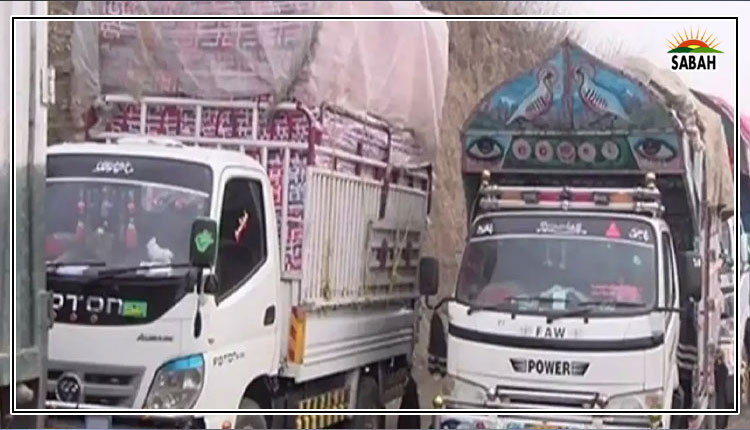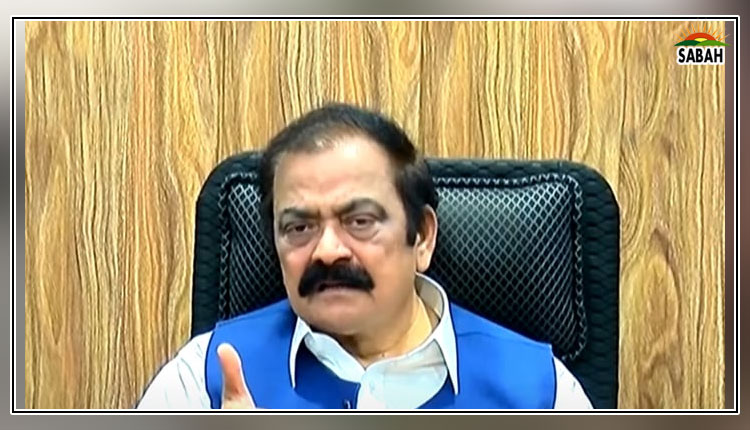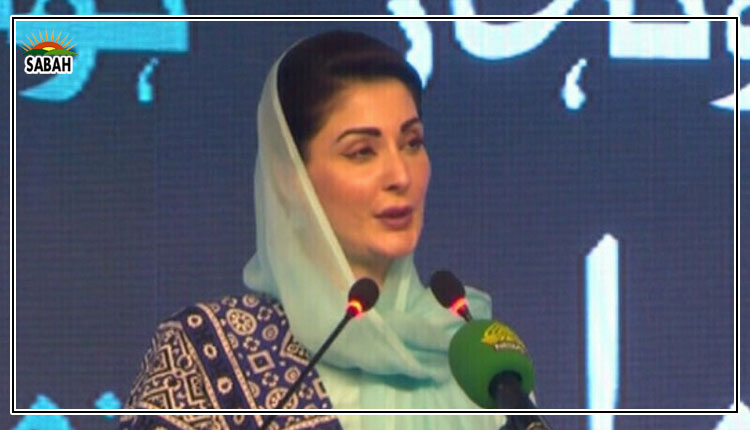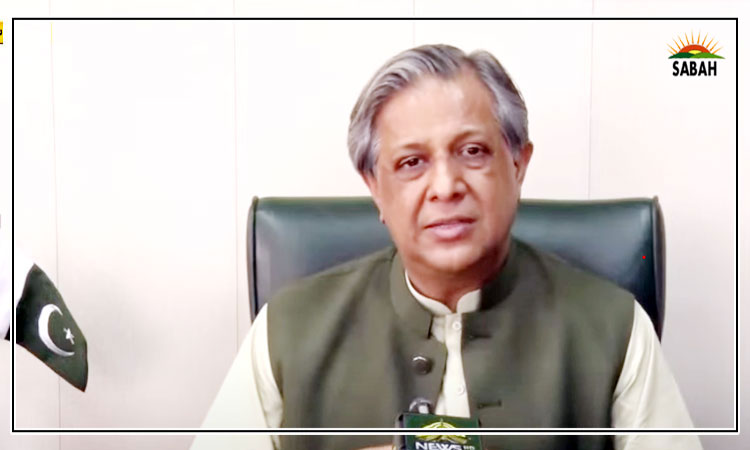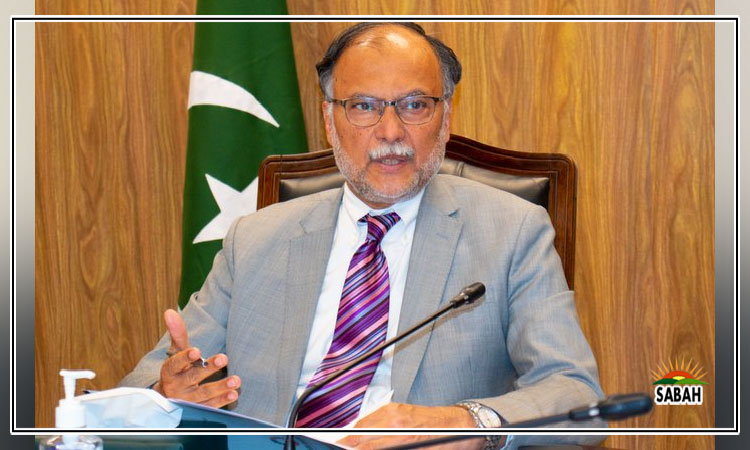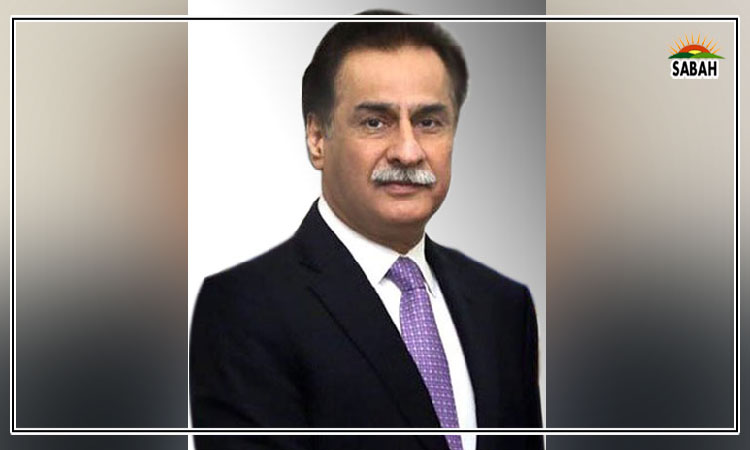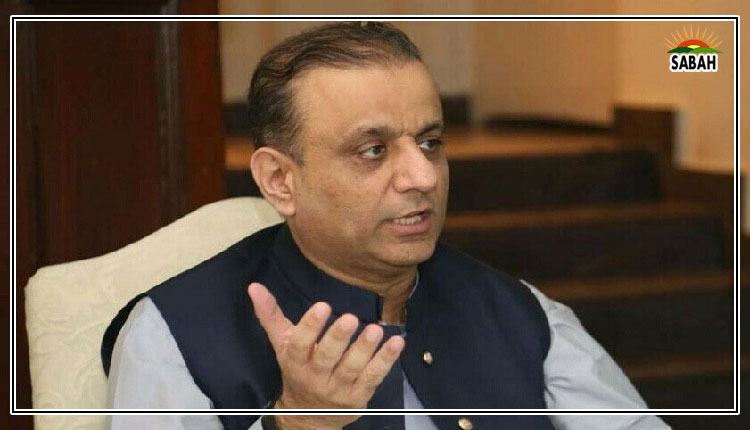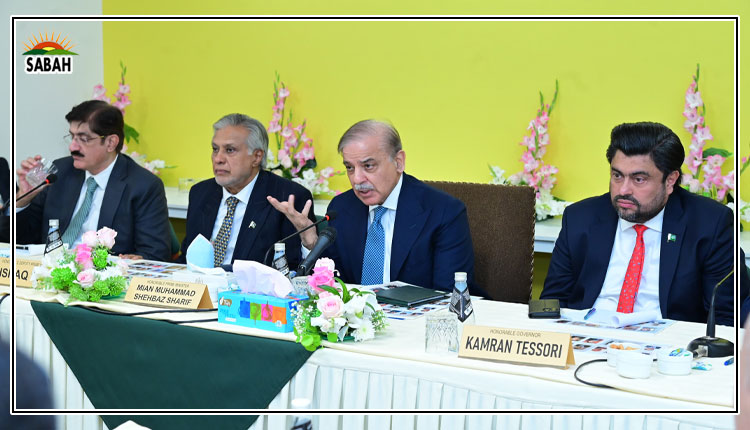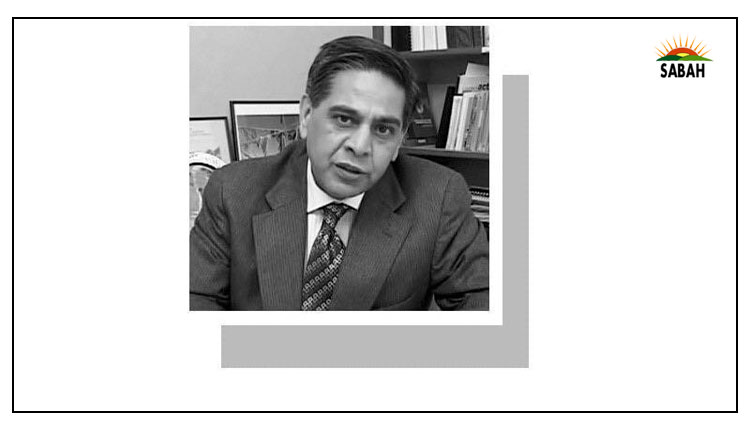Partnerships for resilience…..Ali Tauqeer Sheikh
THE donors conference in Geneva on Jan 9 offers this country a rare opportunity to engage with friends of Pakistan in a long-term partnership for resilience. Building on the high-profile activities at the climate summit last November, which had helped us build up a reservoir of global goodwill, the International Conference on Climate-Resilient Pakistan offers a rare diplomatic and economic opportunity to leap forward now for a decadal roadmap for climate-resilient lives and livelihoods. This can create a momentum for climate-compatible development.
At the conference co-hosted by the UN Pakistan will present a document called Resilient Recovery, Rehabilitation and Reconstruction Framework, or 4RF. This will serve as the basis for Pakistans appeal to secure international support and long-term partnerships for building climate resilience and adaptation.
The draft document has presented four strategic recovery objectives (SROs): First, to restore lives and livelihoods. Second, to restore livelihoods and economic opportunities. Third, to restore basic services and physical infrastructure. Fourth, to ensure social inclusion and participation. In effect, the fourth SRO recognises that what existed earlier was weak and a source of maladaptation. Long-term resilience will hinge on the fourth SRO.
The first three SROs focus on restoring what has been damaged or destroyed and the fourth one commits to addressing the reasons of damage/destruction. This can enable climate-smart development. Since climate vulnerability is fundamentally a local issue, local and bottom-up planning processes can be drivers for resilience. The fourth SRO can, therefore, guide the first three SROs that seek to restore or rehabilitate losses.
Reform and resilience, two important words in this context that also begin with r, are not listed as independent SROs. But they are often mentioned in the 4RF. Reforms are, for example, mentioned in the context of institutional, regulatory, policy, especially operational reforms. Going forward, as 4RF is presented in Geneva, initial pledges are made, and some partnerships forged, the pivotal role of reforms and resilience will assume centre stage.
The Post Disaster Needs Assessment (PDNA) had estimated a loss of 4.8 per cent of GDP, hitting 94 districts including 18 of the 25 least developed districts that are farthest behind on the SDGs. The total losses were estimated at $30.2 billion, or a fifth of the $152bn that Pakistan will need for adaptation between 2023-2030, according to the World Banks recent Country Climate and Development Report. The CCDR has estimated that Pakistan will need $86bn on account of disaster preparedness, $55bn for water and sanitation, and $85bn for clean energy.
These figures will inevitably increase if there are more climate-induced disasters. It is predicted that these costs can be higher if Pakistan operates in reactive mode. The forthcoming summit will hopefully help us forge multiple partnerships to act proactively to reduce such high projections.
The 4RF has identified the revival of livelihoods and agriculture as the most urgent need for revival of the economy. This includes support to recover from cumulative flood-related losses of approximately $46bn. These projections are modest compared to the total losses reported in the PDNA and those in the World Banks CCDR, but still very high in the present global economic environment to expect ready commitments.
To Pakistans credit, the 4RF has recognised the failure to invest in disaster-risk management following the 2010 floods and recognised that the underlying political and economic instability is exacerbating the disaster impacts and undermining recovery. It has also recognised that [r]esilient and adaptable infrastructure, communities and governance are critical to breaking the nations cycle of climate-induced disaster and poverty. Having recognised this, the attributive sciences have shown that Pakistans losses are clearly linked with climate change. The global debate has also expanded to such ideas as just transition, climate justice, loss and damage, and even debt rescheduling and forgiveness, debt swaps and reforming multilateral development banks.
Yet, it is important for Pakistan to base its expectations on the following key considerations:
First, the presently tight fiscal space or complexity of negotiations with the IMF should not define the urgency for immediate decisions by potential partners in the resilience journey. Climate resilience is a long-term game requiring patience and perseverance. It is important to keep the two tracks separate, even if a successful conference leads to a possible windfall.
Second, we must look at Pakistans climate vulnerability and serious damage that it has caused to the economy. It is an opportune time for Pakistan to share its action plans, particularly in light of the recently developed national climate resilience and adaptation plans (2023-2030). The level of support will not be determined by the level of our vulnerability or the magnitude of our losses, but that of our resolve to undertake climate action. The world is keen to know how Pakistan will respond in terms of innovation, public-private partnerships, engagement with the private sector, the youth and women. The international community needs to hear from us why we need additional resources.
Third, the partnership for resilience and adaptation is not restricted to the last floods but pertains also to a series of extreme weather events that have visited us in 2022 and may again be experienced in the coming years. The best basis for partnership is to showcase what we have already done with our limited resources and how we will translate the fourth SRO on inclusion and participation into action.
Courtesy Dawn


